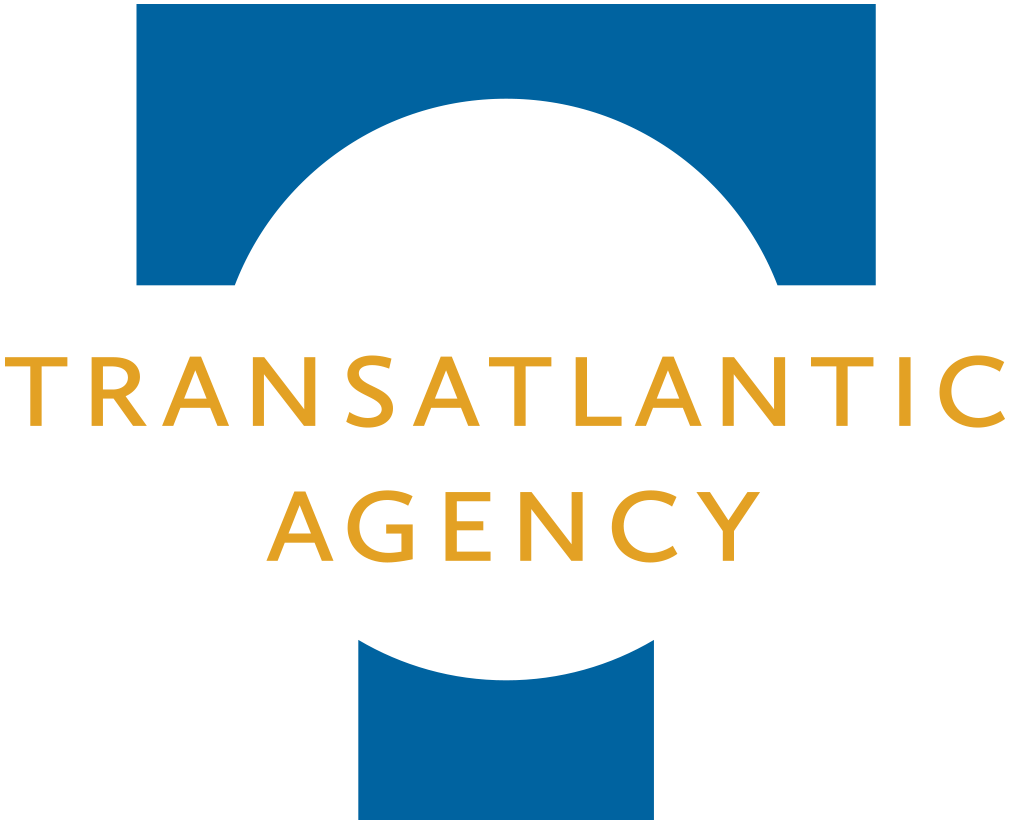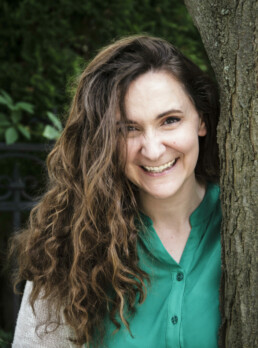Amanda Leduc is a writer, speaker, and disability rights advocate. She is the author of the non-fiction book Disfigured: On Fairy Tales, Disability, and Making Space (Coach House Books, 2020), which was longlisted for the 2020 Barbellion Prize, and the novels The Centaur’s Wife (Random House Canada, 2021) and The Miracles of Ordinary Men (ECW Press, (2013). Her new novel, Wild Life, is forthcoming from Random House Canada in spring 2025.
Amanda holds a Masters degree in Creative Writing from the University of St. Andrews, Scotland (2008), and a Bachelor of Fine Arts in Creative Writing and Philosophy from the University of Victoria, BC (2006). She speaks regularly at festivals, conferences, and events across Canada, the US and Europe on accessibility, inclusion, and disability in storytelling, and contributes regularly to publications across Canada, the US, and the UK.
SPEAKING THEMES
Many of us in the Western world have grown up on fairy tales—but what happens when you identify more with the Beast than with Beauty? When you occupy a different space in the world, what does it mean to see stories that continually place you—and all others who might speak or move or act differently—in the role of the villain, or frame your lived experience of disability as something that must be overcome through good deeds and good fortune? This is a reality that disabled people face all of the time. It is one thing to face a physical world that is constantly built without the disabled body in mind; it is still yet another to face a world where stories of the disabled and othered body continue to build and enforce social exclusion of some of society’s most marginalized people. Many people think nothing of reading a fairy tale where the disfigured witch is punished and held up as someone to be afraid of—but neither do they then think of this fairy tale’s power when they go out into the world and unconsciously or consciously avoid those who look and move differently as a result.
The stories that we tell have enormous power. Fairy tales and folk tales are never only stories—they are told again and again to us as young children, and they have a key role in shaping what we grow to expect of the world. When we are constantly exposed to stories in which disabled people are maligned, or made into villains, or where the “ugly” Beast is made beautiful once he learns how to properly behave, we unconsciously begin to expect a real world that conforms to these same expectations—where the disabled and other are evil, and vanquished at the end of the tale.
When you only ever see a disabled person as a villain you do not think about how to build a world for a disabled person in real life. What role does the media, then, have in building a world that is more accessible and inclusive? How can we incorporate the lived experiences and expertise of disabled people in storytelling that stretches across all types of media? From fairy tales to Hollywood blockbusters through to sensitivity readers and portrayals of disabilities in the page; from holding inclusive events through to hiring and including disabled voices in all managerial decisions, the work of building an accessible world is one that starts with the stories that we tell and should continue to inform every element of corporate, artistic, and social decision making. We need to start (and continue) this conversation by placing disabled people and their insights at the centre of every conversation.
VIDEOS
- Conversation with Nam Kiwanuka on TVO’s The Agenda, July 2020:
- Interview at the Six Bridges Book Festival, October 2020:
- “Reading and Writing Disability” Keynote Lecture given at the Fraser Valley Literary Festival, November 2020:
SPEAKING TOPICS
- Disability in storytelling, history of
- How to portray disability sensitively in storytelling
- The impact of fairy and folk tales on modern day perceptions of disability
- How to build accessible environments in the literary/cultural realm
- How to curate accessible festivals
- Science fiction, fantasy, and the portrayal of the bothered body
- Character development in fiction and non-fiction
- Telling hybrid stories—weaving the personal with the academic in essay form
To book Amanda Leduc, contact Rob Firing at speakers@transatlanticagency.com.

